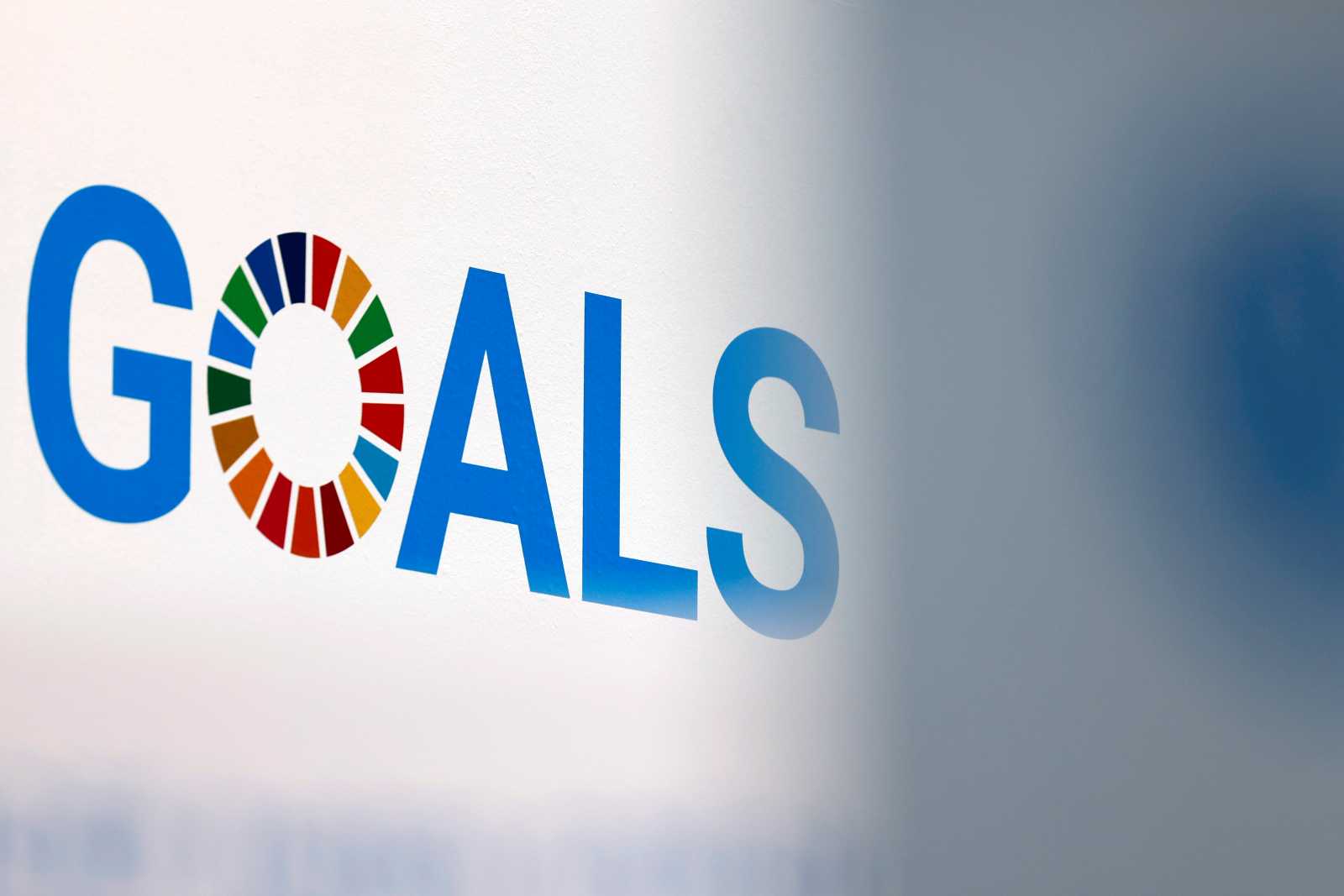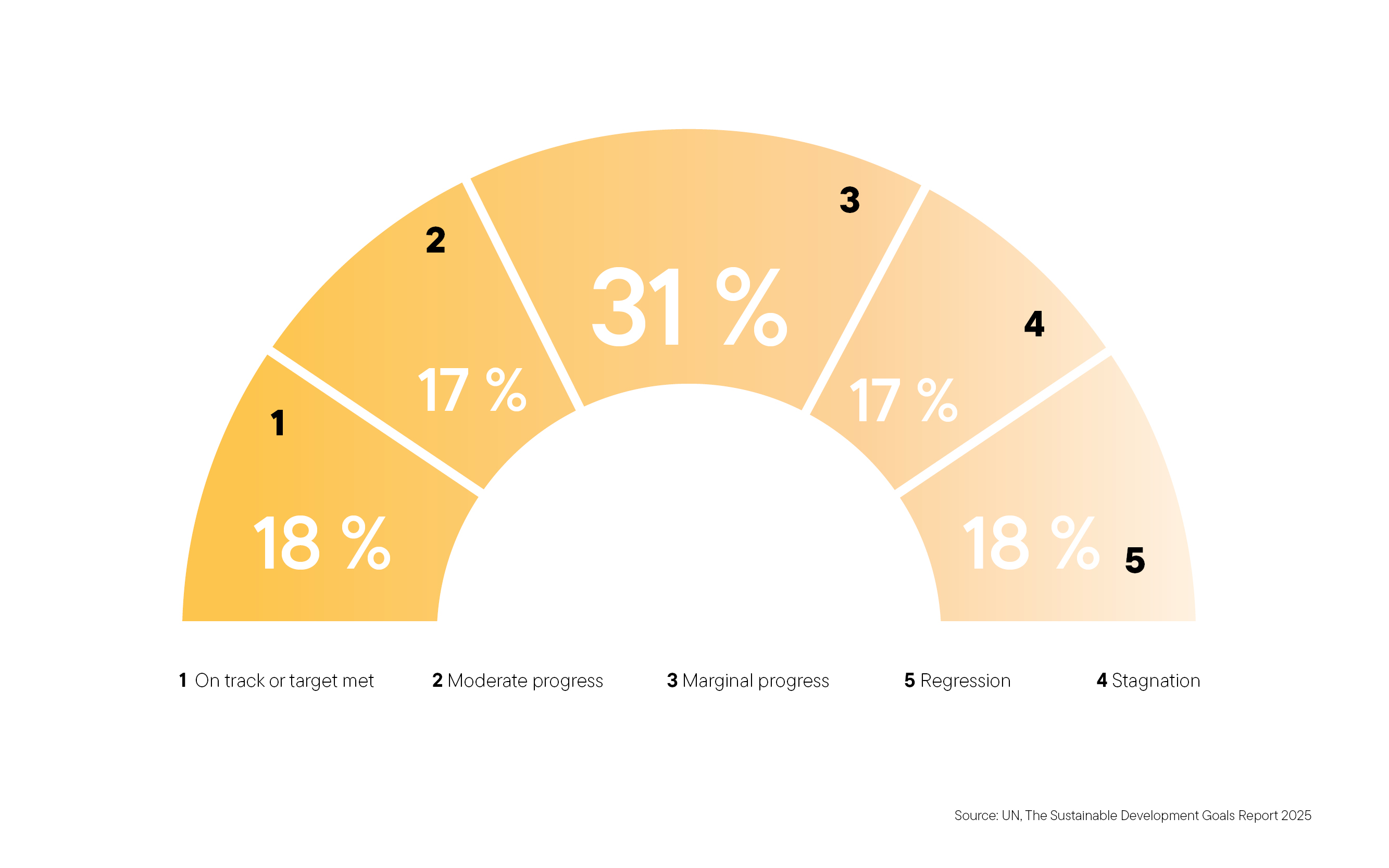Editorial
Lessons from past and future
[ Hans Dembowski ]
Compare leaders’ behaviour in the financial crisis with their attitude to climate change. Once it became obvious, after the collapse of Lehman Brothers last year, that the financial system was falling apart, governments mobilised funds worth many hundreds of billions of dollars. It is well understood that climate change is real too, and will have devastating impacts. Nonetheless, action is stalled. Most rich countries neglected the obligations they signed up to in the Kyoto Protocol of 1997. It does not look like they are ready to act now. Many emerging economies, however, have vastly increased their emissions.
At Copenhagen in December, yet another climate summit will be held. The goal is an international agreement to fight global warming and adapt to its already inevitable consequences. For success, decisive leadership will be indispensable, but at the moment, nobody is providing such leadership.
In the early years of climate politics, Europe was the driving force. Without EU engagement, the UN Framework Convention on Climate Change and the Kyoto Protocol would never have been passed. Today, however, politicians show more interest in bailing out the car industry than devising a sustainable transport system.
It is a pity that Europe is no longer leading at a time when Washington is no longer bent on blocking progress. Barack Obama is the first US president who understands what is at stake and whose party controls both houses of Congress. He is fighting several uphill battles at home, however, and perhaps the toughest one is about introducing a cap and trade system to finally start reducing carbon emissions. For Copenhagen to get us anywhere, he must succeed, but it is obvious that domestic opposition in the USA is too strong for Obama to become the global leader on climate protection.
Increasingly, Western diplomats are making scapegoats of emerging economies, and of China and India in particular. Both countries are indeed major emitters of greenhouse gases. Nonetheless, it does not make sense to demand they deliver the kind of action rich nations must.
In rough figures, North American per-capita consumption of fossil fuels is ten times higher than India’s, five times higher than China’s and twice that of Europe. Moreover, the rich nations, that have grown fat on high-carbon diets, cannot convincingly preach restraint to nations that are still much poorer. The credibility of the advanced nations hinges on their action.
Part of the problem is certainly that climate change is an unprecedented global crisis. After Lehman Brothers, those in charge understood that they had to avoid a 30ies-style global depression at any price. There is no equivalent lesson in history about climate change. Our only hope is that enough lenders will begin to consider the incredible costs global warming will inflict upon humanity. Experts reckon it will take 2.5 % of global output to keep climate change under control. No doubt, inaction will prove much more expensive. It is high time we started to learn from what can easily be anticipated as a likely future.








